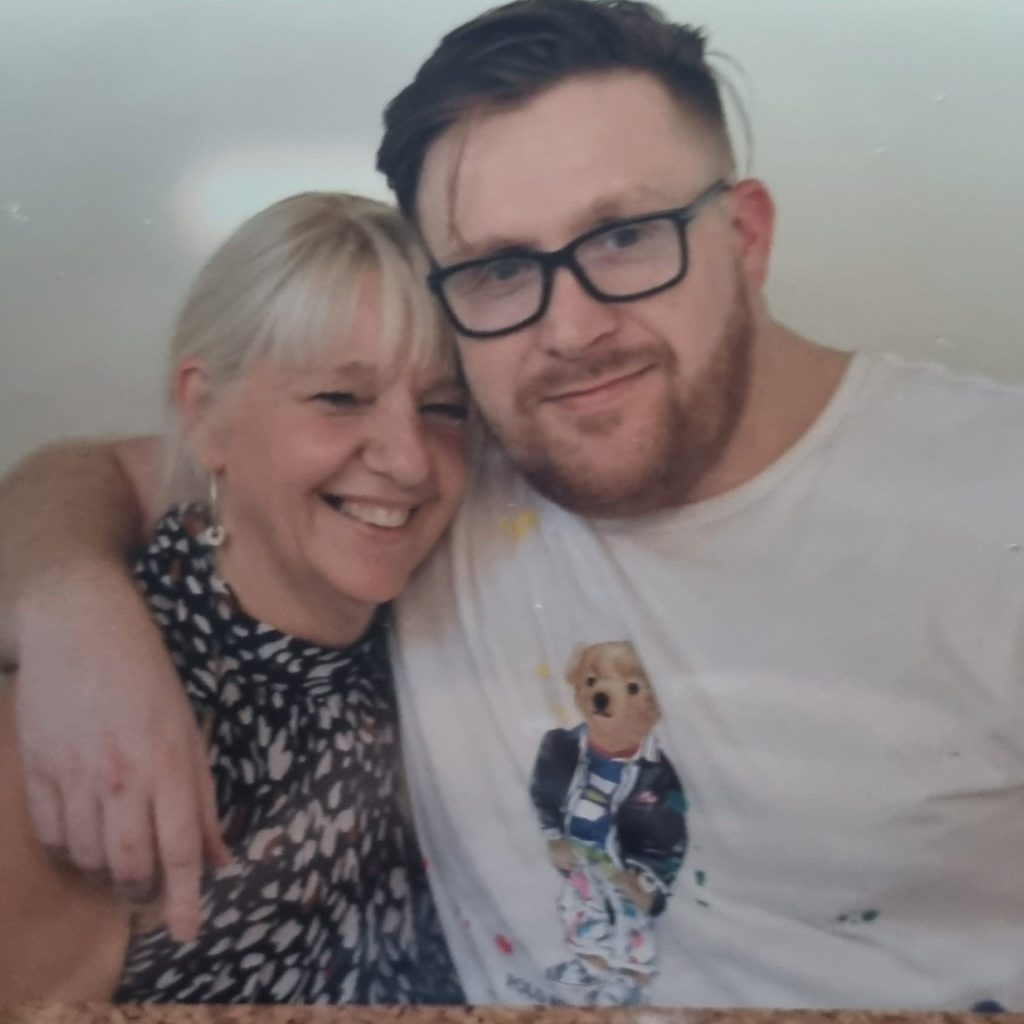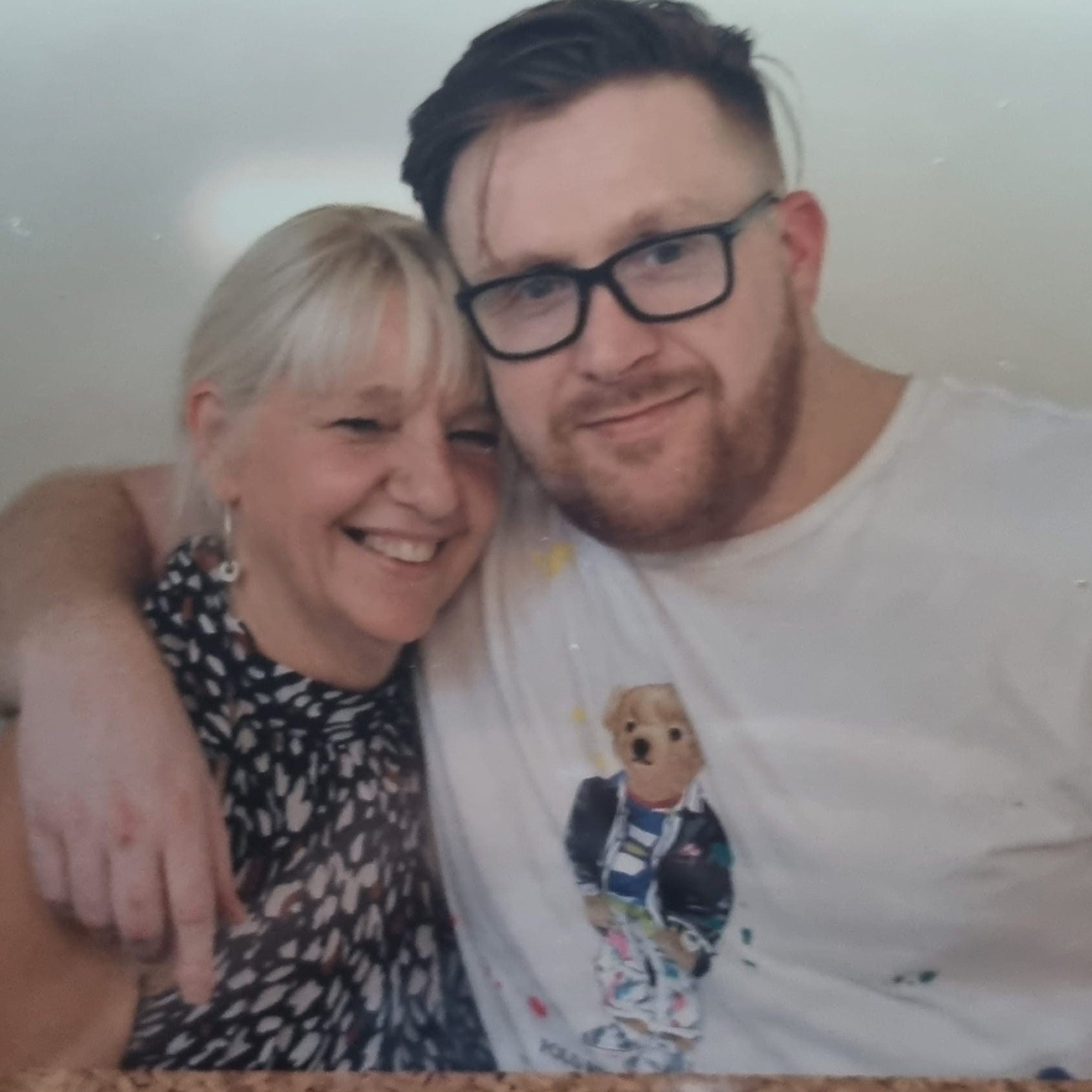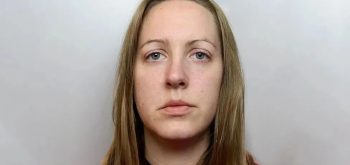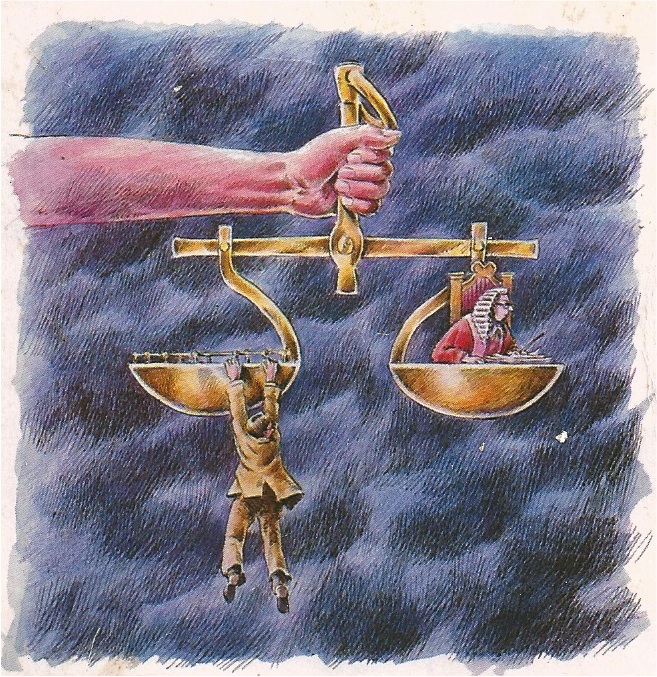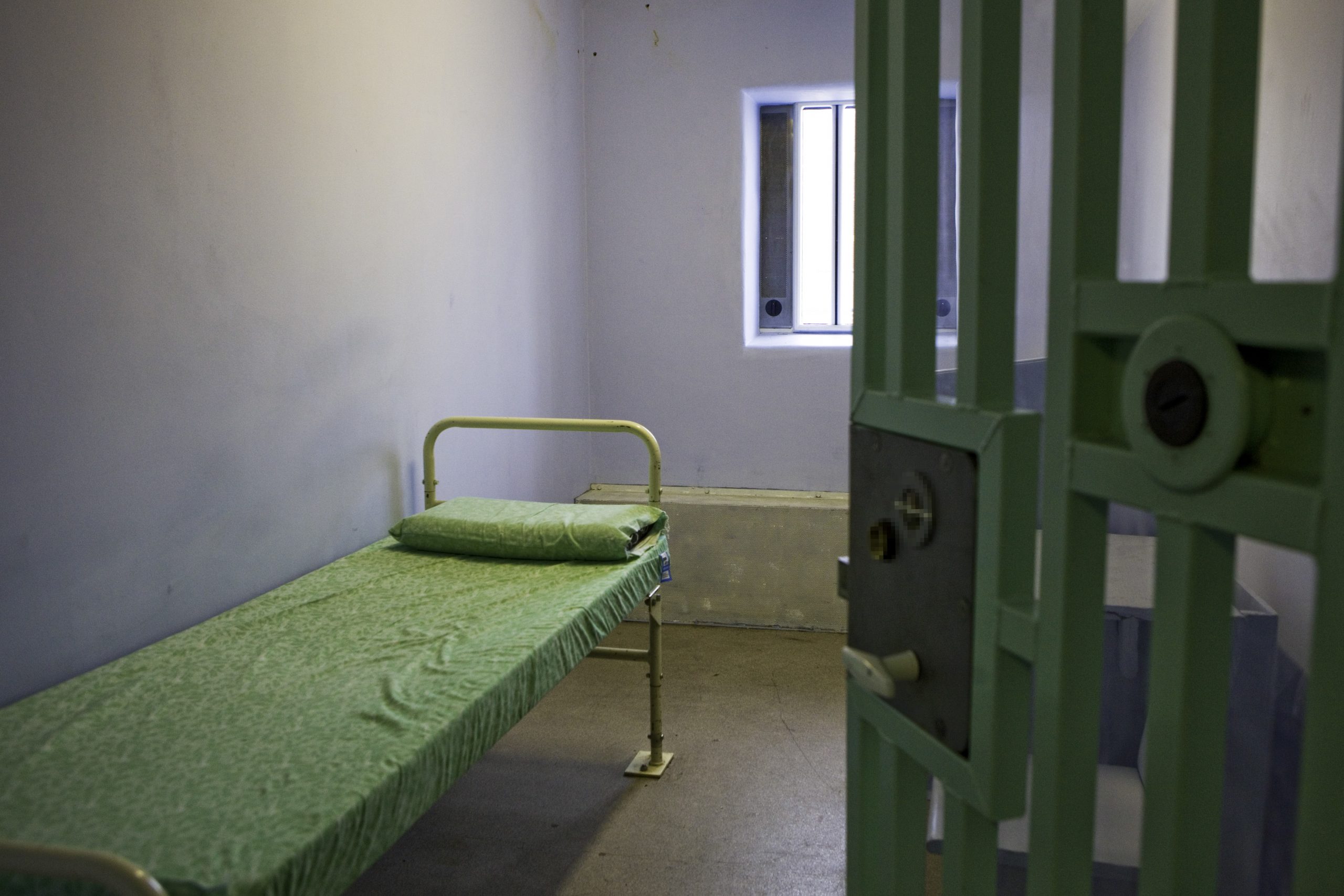Julie Major takes no prisoners. Ironically, that’s precisely the quality you need when you’re fighting to overturn a miscarriage of justice. Jenny Evans writes.
She first met Mark ‘Ozzy’ Osborne (she calls him Mark, everyone else calls him Ozzy) when he was a baby. He and his parents lived in the flat below Julie and her first husband. It wasn’t an easy time: Julie had married young—just 16—to escape a violent stepfather, only to find herself tied to an even more frightening husband.
‘I was six stone when that relationship ended. I used to sit with my head down.’ She mimics the image of a woman cowed, afraid. More than once, Julie sought refuge in a neighbour’s flat.
None of the families in the neighbourhood were affluent. Some were more stable than others. Mark was a good boy with a vibrant personality, ‘very popular’ but by the time he was a teen, he was known to the police. ‘That’s why I think they did it,’ Julie says, implying a fit up. ‘They [the authorities] wanted him off the streets.’
Julie is now in her fifties. She left both her first and second husbands to raise four children alone. Her second marriage ended when her youngest child was just three months old. ‘I had to get out. And he never gave me a penny. I did it all,’ she says, ‘I know what it’s like to have nobody.’
She is alone no longer.
Today, Julie is the matriarch of a large and loving family; ten grandchildren, one great-grandchild – a tightly knit circle. The family is currently reeling from the death of the newest born grandson, Freddie, last November. He was just six days old. ‘I’m fighting the hospital about that too,’ she adds. Julie has learned how to fight—but she uses her wits, not her fists.
After our conversation, she texts me a photo of her law degree certificate, earned in her fifties while working full time at a local hospital. ‘I’m very proud,’ she says.
‘You should be so fucking proud,’ I reply. ‘What a warrior.’
Journalistic impartiality, it’s fair to say, momentarily escapes me.
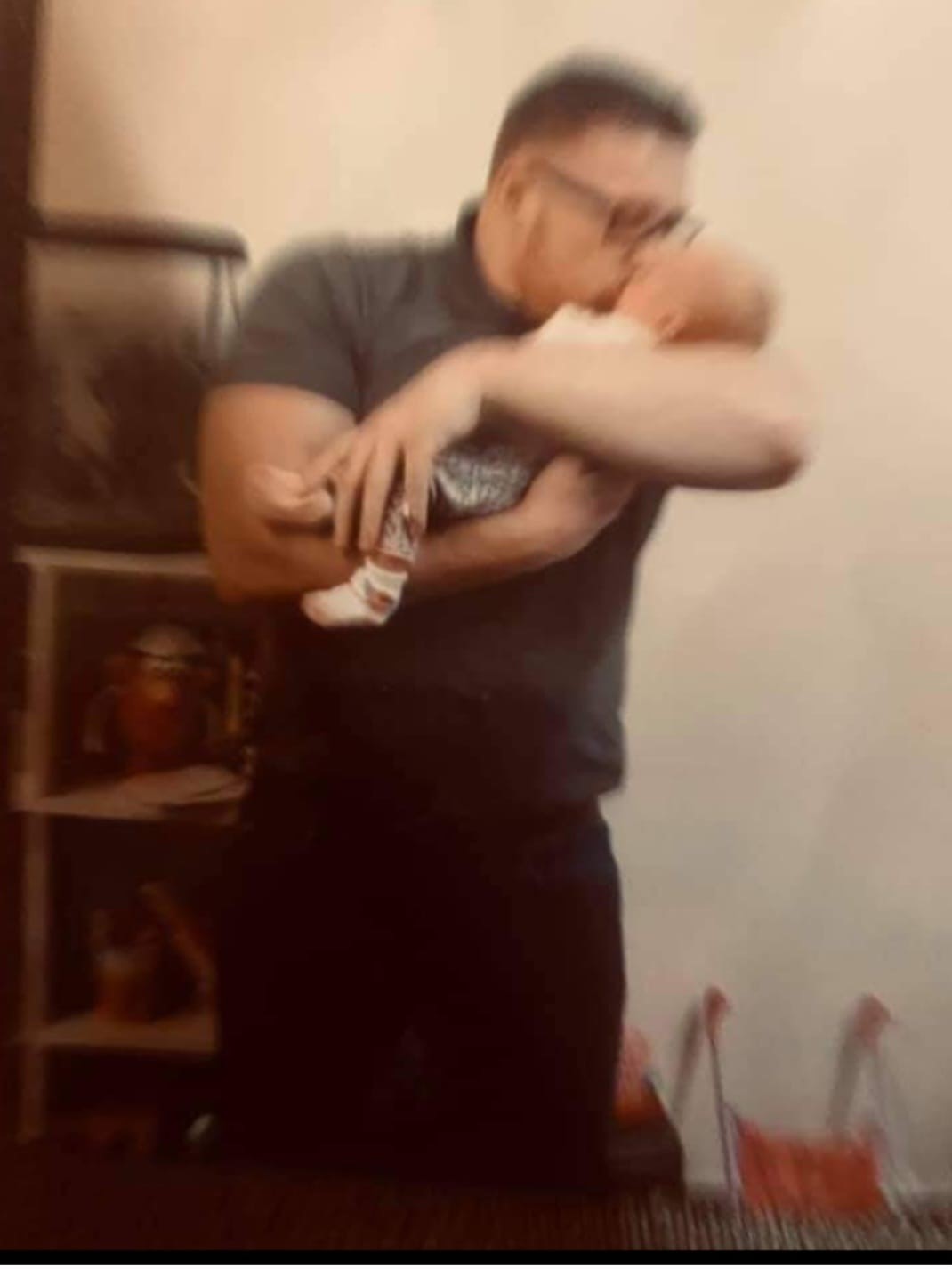 Let me tell you about Mark
Let me tell you about Mark
Mark Osborne was in prison for grievous bodily harm when the murder he’s now accused of facilitating took place. ‘He’d got drunk and got into a fight with a bouncer. Not okay—he was doing his time. But kid stuff, really. Angry kid.’ He was nineteen.
Mark’s brother, Tony—who was raised by their father, while Mark lived with their mum—was a local drug dealer. He had fallen into a dispute with a man known to both brothers: Mark Treddinick, a user himself. Julie knew him, too. ‘I went to school with him. He sold drugs for Tony and the rumour was he got himself into debt.’
In June 2007, Treddinick was lured to an alleyway in Essex and shot with a machine gun—in front of his partner and four-year-old son. Julie’s face drops as she recounts it. ‘Terrible. Terrible for the little boy.’
In 2009, Tony Osborne and his associate, Wayne Collins, were convicted of Treddinick’s murder. A third man at the scene, Terry Sherman, was acquitted. It was shortly before the trial that Mark was implicated. His cellmate, a violent man with 13 aliases and nine different dates of birth, who was facing deportation, approached the prison authorities, claiming he had overheard Mark planning the murder via the prison phone.
Call records later proved this wasn’t possible. Still, his testimony was accepted—and worse, never cross-examined. ‘The solicitor who handled Mark’s case said it was one of the biggest regrets of his career,’ Julie says. She also approached the barrister who worked the case. ‘He said he’d only talk to me with a solicitor present,’ she recalls, raising an eyebrow.
That’s when Julie began to dig.
She obtained paperwork and began to sift through the case, looking for grounds for appeal. By then, Mark had been in prison for twelve years. Sentenced in 2009 to life, with a minimum of 30 years, he had given up hope.
His mother had written to the Criminal Cases Review Commission (CCRC) to request an appeal, but without legal training, she hadn’t made the right kind of arguments. When Julie first contacted the CCRC, they confused her with Mark’s mother and told her the appeal had already been deemed without merit.
Instead of arguing, Julie ‘went in the back way’.
She filed a complaint. Within it, she included a detailed list of legal points—gaps in the prosecution’s case and new evidence in Mark’s defence. This time, the CCRC paid attention. ‘They assigned a new caseworker after that,’ she says. ‘But it’s still been an uphill struggle.’
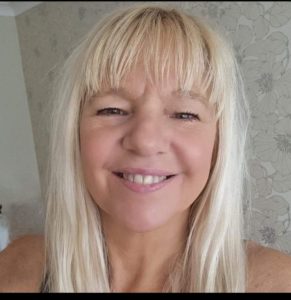 In September 2024, the CCRC rejected Mark’s appeal once again. He and Julie had held out hope—his former cellmate, now living in Somalia, had contacted Julie and admitted to fabricating his testimony. Initially, he demanded £30,000 in exchange for recanting his statement in court, but later agreed to speak to the CCRC over the phone in return for a contribution toward his legal costs. Julie sought guidance from the commission and, with their approval, sent him £350.
In September 2024, the CCRC rejected Mark’s appeal once again. He and Julie had held out hope—his former cellmate, now living in Somalia, had contacted Julie and admitted to fabricating his testimony. Initially, he demanded £30,000 in exchange for recanting his statement in court, but later agreed to speak to the CCRC over the phone in return for a contribution toward his legal costs. Julie sought guidance from the commission and, with their approval, sent him £350.
It came as a profound shock, then, when the appeal was denied and the CCRC described her payment as a ‘negotiation’, suggesting it undermined the witness’s credibility. ‘I only sent the money for legal fees after asking for and receiving the CCRC’s approval,’ she says. ‘If his request for money makes him unreliable now, wasn’t he just as unreliable when he was the prosecution’s star witness?’
Although the witness did speak to the CCRC, the commission dismissed his testimony, citing an inability to verify his identity. It claimed that additionally, as the call wasn’t recorded, the Court of Appeal would be unlikely to accept his evidence.
Julie remains incredulous. ‘They didn’t even try to confirm who he was. I gave them voice recordings. I gave them photos. They didn’t lift a finger. And Mark is still locked up. Mark is still locked up.’
Her face falls again.
I ask how Mark is doing. She momentarily brightens once more. She says: ‘He’s doing really well. He’s a ‘listener’ in prison, and he’s has been put forward for an Ethos Award with the 3Pillars charity [a mentoring programme]. He’s perked up since I got involved. But sometimes it does get to him. He goes a bit quiet at times.’
When her grandson died, Julie called Mark to talk strategy. But Mark, hearing the grief in her voice, said: ‘Sod the CCRC. Let’s worry about you.’ ‘He’s a good man,’ she says. They speak a few times a week.
I try to imagine what it must be like to lose your liberty at 19. To spend your twenties and thirties in prison. To face twenty more years locked up for a crime you say you didn’t commit. And then, one day, Julie Major turns up—and says she’ll fight for you.
It must feel like being sent a guardian angel.
‘Why did you pick this fight?’ I ask her.
Julie pauses. ‘I believe in fighting for what’s right. Even if I’m the only person in the room saying it, I’ll stand up and speak.’
With a new solicitor looking at the case and another CCRC caseworker now reviewing the application for appeal, I get the distinct impression that Julie Major will keep standing up—for Mark, and for justice—until someone listens.
Jenny Evans’ book Don’t it break you, honey: A Memoir About Saving Yourself is out now. Read an interview with Jenny by Simon Hattenstone in the Guardian
